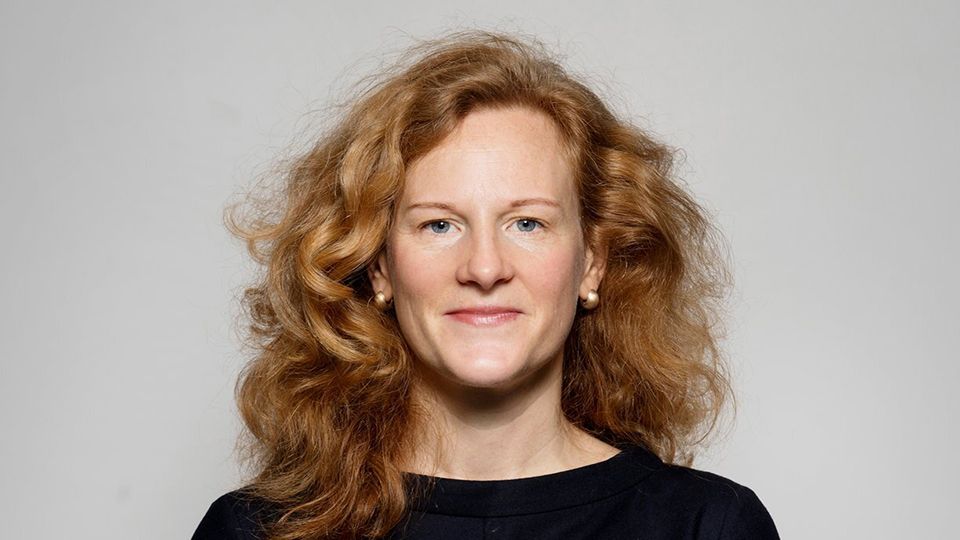No financial sector companies in the FTSE 100 have reported their ethnicity pay gap, ShareAction has found.
The responsible investment NGO said it asked 16 firms questions on ethnicity pay gap reporting this proxy season, which were welcomed by the blue chips. All but one company agreed to a follow-up meeting and three – abrdn, Hiscox and Schroders – committed to publishing their ethnicity pay data once their disclosure rate has increased.
As a result of a lack of reporting, ShareAction has launched a campaign calling on companies – starting with financial services companies – to begin making disclosures, or to improve the standard of reporting for those already doing so. A CIPD report published in September last year found just 13 of the UK’s top 100 listed companies had reported their ethnicity pay gap.
ShareAction has partnered with several minority-led groups, including the Runnymede Trust, #Ethnicitypaygapcampaign, Project Speak Up, reboot., CIPD, the professional body for HR and people development, the Living Wage Foundation and 30% Club – Race Equality Group to steer the campaign.
The organisation will also be bringing together investors from its Good Work investor coalition with £3.8trn assets under management and advisory to support this campaign.
Moral and economic imperative
ShareAction CEO Catherine Howarth (pictured) said there was “both the moral and economic imperative” to report on ethnicity pay gaps and it is a “critical step towards tackling inequality in the workplace”.
Recent reports show a vast discrepancy in pay between ethnic minorities and White British workers. For instance, in the UK, Black, minority and ethnic (BME) young adults are 47% more likely to be employed on a zero-hour contract than white young adults.
Covid-19 has worsened existing inequalities; the unemployment rate for BME workers is over twice as high than that of white workers, with the gap widening.
Dr Shabna Begum, head of research at the Runnymede Trust, said: “Our research details the persistent and damaging ways that discrimination in the workplace impacts on Black and minoritised ethnic communities. The talent and skill of so many is wasted by systems of discrimination that too often map every part of an employee’s experience. The damage is to individuals, to communities and to the organisations themselves who fail to benefit from the full potential of their workforce.
“The Runnymede Trust advocates for mandatory ethnicity pay gap reporting as one critical measure towards achieving greater equality in the workplace, as a way to assess the magnitude of the problem, develop action plans and targets for improvement, and provide some measure of accountability towards those important goals.”
Barriers
Despite the need for improvement, sentiment is split over whether pay gap reporting will have this effect.
reboot.’s recent Multicultural Britain Survey of almost 4,000 UK adults found only two in five (43%) white Britons said firms should publish data on ethnic diversity in their workforce, compared with 69% among ethnic minority respondents.
Noreen Biddle Shah, founder of reboot., said: “Before we can start reporting on the ethnicity pay gap in a meaningful way, companies need to ensure they are supporting an inclusive culture where self ID is not met with scepticism and employees understand the benefits of supplying this information.”
Asset management
As highlighted, in its conversations with companies, ShareAction said abrdn, Hiscox and Schroders had committed to publish their ethnicity pay data once their disclosure rate has increased.
Addressing the issue of data, Colin Baines, investment engagement manager at Friends Provident Foundation, said: “The current lack of data and reporting means company and investor attention on diversity, equity, and inclusion (DEI) has been limited in scope to issues such as board representation.
“Key DEI goals such as greater management representation and in work progression are going to require ongoing management and data collection.”
As part of Bonhill’s Campaign for Better Governance, ESG Clarity has encouraged the asset management industry to lead by example in this area, and has found pockets of encouragement.
Last July, M&G released its 2020/21 ethnicity pay gap report, for example, and Federated Hermes had previously said it would be reporting its ethnicity pay gap in 2022. AXA has also said it will “develop and action plan to include targets for ethnic representation and the reporting of our ethnic pay gap”.








